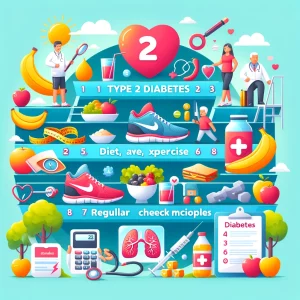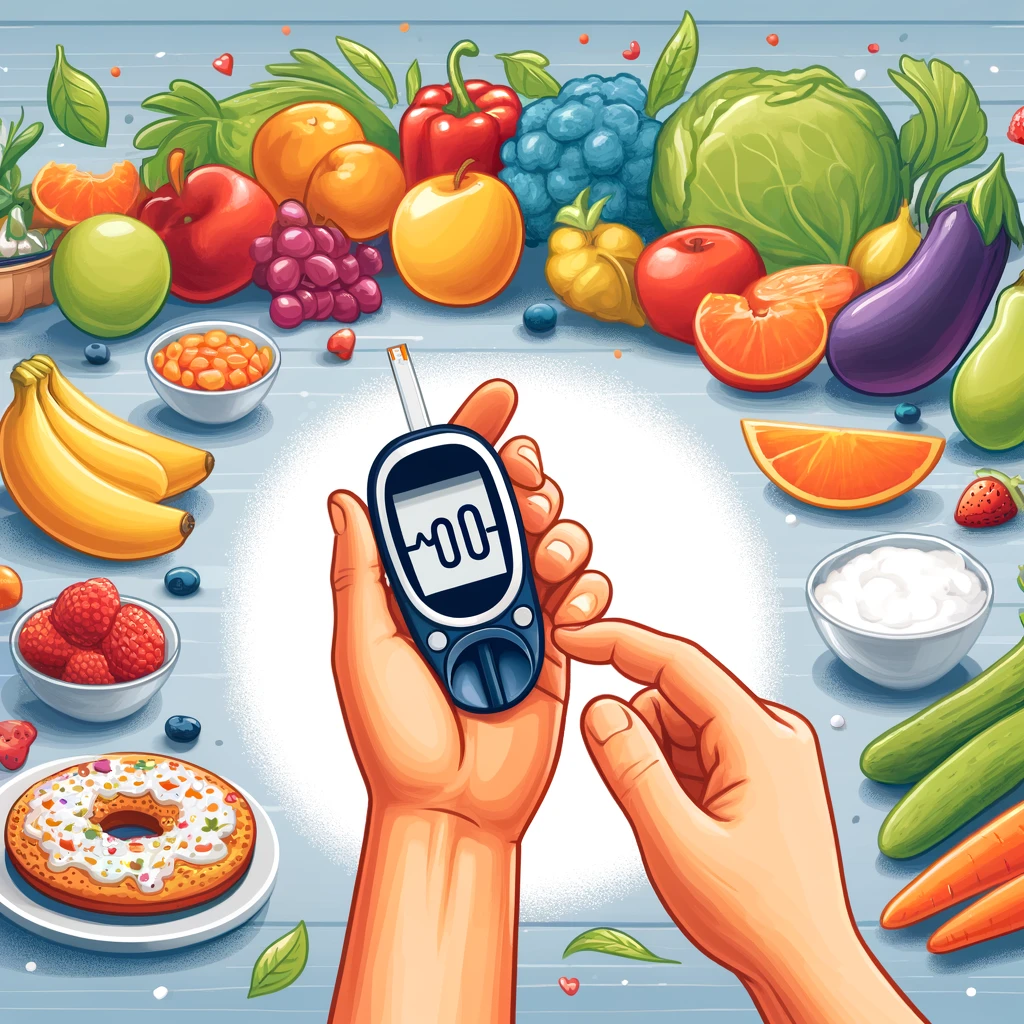Diabetes is a complex and often misunderstood condition affecting millions worldwide. Despite the wealth of information available, misconceptions abound, making it difficult for many to manage the disease effectively. Let’s debunk the ten most common myths about diabetes and shed light on the truths behind them.
Myth: Diabetes Is Caused by Eating Too Much Sugar
While excessive sugar consumption can contribute to weight gain, a significant risk factor for type 2 diabetes, it is not the sole cause of the disease. Type 1 diabetes is an autoimmune condition where the body’s immune system attacks insulin-producing cells in the pancreas. Type 2 diabetes results from a combination of genetic and lifestyle factors, including diet, but not sugar alone.
Myth: Only Overweight People Get Diabetes
Being overweight is a significant risk factor for type 2 diabetes, but it is not the only one. Many people with type 2 diabetes are of normal weight or only slightly overweight. Genetics, age, and other factors, such as an inactive lifestyle, also play a crucial role in the development of diabetes.

Myth: Diabetes Is Not a Serious Disease
Diabetes is a chronic disease that can lead to severe complications if not managed properly. These complications include heart disease, stroke, kidney failure, blindness, and lower limb amputations. Effective management through medication, diet, and lifestyle changes is crucial to prevent these outcomes.
Myth: People with Diabetes Can’t Eat Carbohydrates
Carbohydrates are an essential part of a healthy diet, and people with diabetes can and should eat them. The key is to choose complex carbohydrates, like whole grains, fruits, and vegetables, which are digested more slowly and have less impact on blood sugar levels. Monitoring carbohydrate intake and balancing it with physical activity and medication is essential.

Myth: Insulin Is a Cure for Diabetes
Insulin is a vital treatment for type 1 diabetes and, in some cases, type 2 diabetes, but it is not a cure. It helps manage blood sugar levels, but people with diabetes still need to monitor their diet, exercise, and take other medications as prescribed. Researchers are continually working towards a cure, but for now, management is the best strategy.
Myth: People with Diabetes Can’t Lead Active Lives
Physical activity is an integral part of diabetes management and can help control blood sugar levels, improve cardiovascular health, and promote overall well-being. Many athletes and active individuals successfully manage their diabetes. The key is to plan and monitor blood sugar levels before, during, and after exercise.

Myth: You Can’t Prevent Type 2 Diabetes
While type 1 diabetes cannot be prevented, type 2 diabetes often can be. Adopting a healthy lifestyle, including a balanced diet, regular physical activity, and maintaining a healthy weight, can significantly reduce the risk of developing type 2 diabetes. Early detection and intervention can also help prevent or delay the onset of the disease.
Myth: Gestational Diabetes Only Affects Women During Pregnancy
Gestational diabetes, which occurs during pregnancy, can have long-term implications for both the mother and the child. Women who have had gestational diabetes are at a higher risk of developing type 2 diabetes later in life. Additionally, their children are at increased risk of obesity and type 2 diabetes. Post-pregnancy follow-up and maintaining a healthy lifestyle are essential to mitigate these risks.

Myth: Natural Remedies Can Cure Diabetes
While some natural remedies may help manage diabetes symptoms, they are not a cure. Supplements, herbs, and alternative treatments should not replace conventional medical care. Always consult with a healthcare provider before trying any new treatment. The best approach to managing diabetes involves a combination of medication, lifestyle changes, and regular medical supervision.
Myth: Diabetes Is a Death Sentence
With advances in medical care, diabetes is no longer the life-threatening condition it once was. Many people with diabetes live long, healthy lives by managing their condition effectively. Education, support, and access to quality healthcare are vital for empowering individuals to take control of their diabetes and prevent complications.
Understanding the truth about diabetes is crucial for effective management and prevention. By debunking these myths, we can help those affected by diabetes lead healthier, more informed lives. Education, support, and a proactive approach to health can make a significant difference in the lives of people with diabetes and those at risk.


